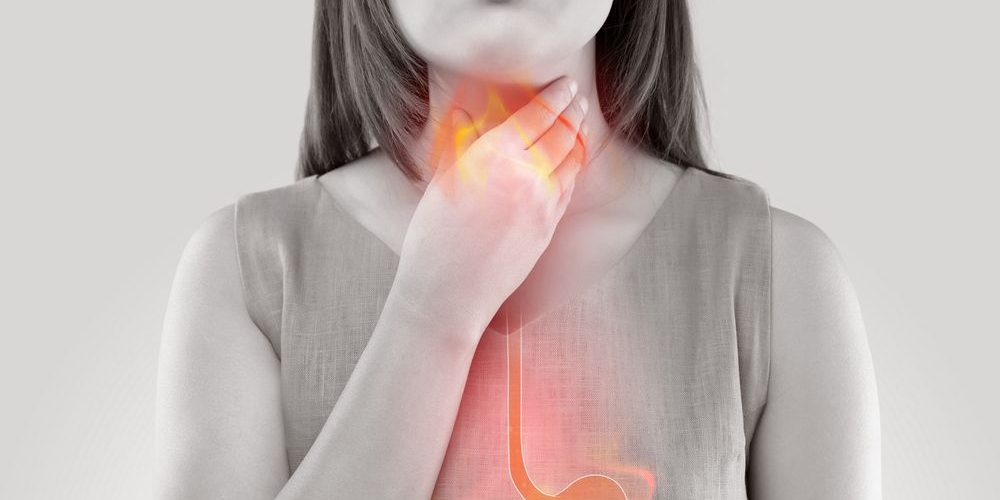What is laryngopharyngeal reflux?
Laryngopharyngeal reflux is a condition in which acid and contents from the stomach rise up the esophagus and reach the throat. This can be seen in all people, but is more common in older people. For its appearance, the determining factors are diet, increased body weight, stress, as well as exerting pressure on the abdomen.
Laryngopharyngeal reflux causes
When we swallow food, it passes through the esophagus into our stomach. The lower part of the esophagus, i.e. the lower esophageal sphincter, is the muscle that controls the whole process and with its tightening ensures that food stays in the stomach. However, when this muscle fails to close or is more relaxed, food backs up into the upper aerodigestive tract and laryngopharyngeal reflux occurs.
There are many causes that can cause reflux. More specifically:
- Increased abdominal pressure
- Increased body weight
- Intense stress and anxiety
- The existence of a hernia
- The nutrition
In laryngopharyngeal reflux, diet has a decisive role, as it can significantly affect the digestion process. Foods that can burden patients are:
- Acidic foods, such as citrus fruits
- Alcohol
- Chocolate
- Caffeine
- Dairy products
- Mint
- Onion
- Tomato
- Kiwi
- Pineapple
- Spicy foods
- High sugar consumption
- Fatty foods, such as pancakes and cheese
- Puff pastry
- Carbonated drinks
Symptoms
Laryngopharyngeal reflux often presents with no symptoms, so it is not noticed by patients. However, when it is evident patients may suffer from:
- Sore throat
- Mild hoarseness
- Feeling of discomfort – knot in the throat
- Sensation of mucus in throat
- Difficulty swallowing
- Red, swollen and irritated larynx
- Burning sensation
- Retching
- Bitter taste in the mouth
- Apnea – asthma
- Chronic cough
- Inability to gain weight
Diagnosis
Laryngopharyngeal reflux can be diagnosed by an ENT specialist, who carefully examines symptoms such as irritation or swelling in the larynx and pharynx. The examination is also carried out with the help of endoscopes.
Treatment options
Most cases of laryngopharyngeal reflux can be treated with lifestyle changes. More specifically, patients should:
- Follow a balanced and mild diet
- Consume small meals at regular intervals
- Reduce their weight, if they are overweight
- Avoid drinking alcohol and coffee
- Avoid smoking
- Avoid eating right before going to bed
- Try to sleep in a more elevated position
Foods that also help to ease the symptoms of laryngopharyngeal reflux are:
- Eggs
- Fish
- Lean meat
- Coconut
- Oats & oatmeal
- Whole wheat bread
- Rice based bread
A diet rich in grains, fiber, as well as the consumption of plenty of water and herbs can help keep your diet at a good and tolerable level for your stomach.
The specialised ENT surgeon in Athens Dr. Olga Papadopoulou, has extensive experience in dealing with diseases related to the pharynx and larynx. With her help you can deal with any incident of laryngopharyngeal reflux, according to your particular needs.


